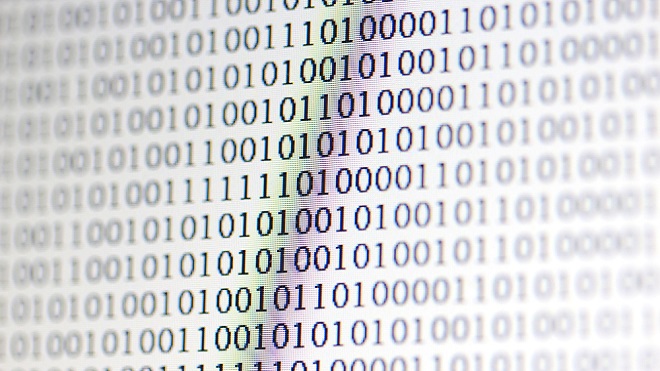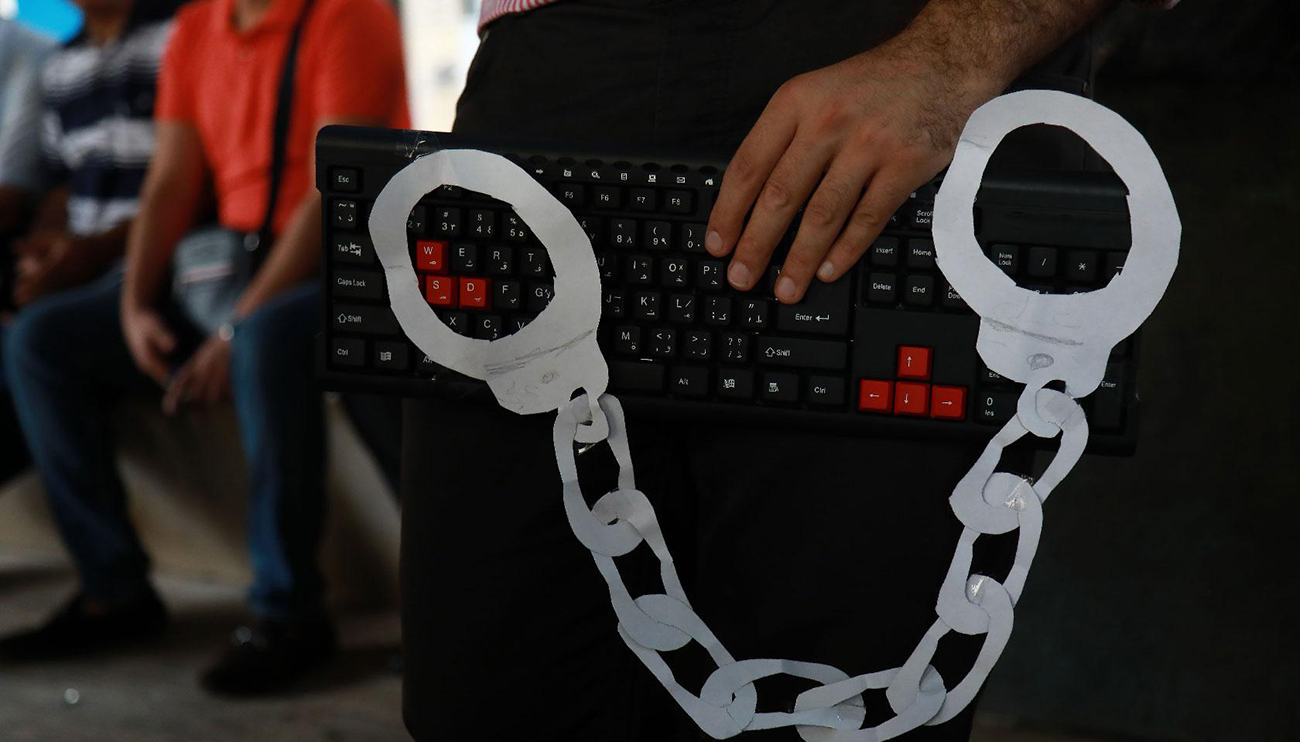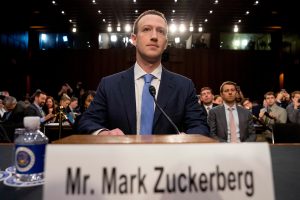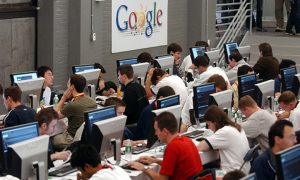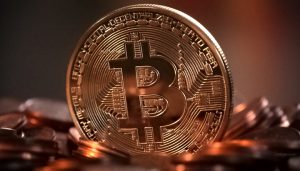By Noha Fathy This post first appeared on iGmena on 12 January 2013. The “Code Numérique” [information law] is a draft law that was released by the Moroccan government last month and opened for commentaries on the official website of the General Secretariat of the government. The draft law that is comprised of eight sections with 114 articles tackles [fr] different areas related to telecommunications and information technologies, particularly publications, information security, and e-government, with the main aim of building digital trust, as stated in the preamble. As soon as “Code Numérique” was brought out, an electronic rebellion was launched on Facebook by human rights activists to raise the awareness on the gravity of the draft law, mobilize public opinion around this cause, and call upon the engagement of civil society in drafting such laws. On Twitter, #المدونة_الرقمية_لن_تمر [the “Code Numérique” will not pass] and #Code_Num hashtags were trending in the fight against the draft law. Moreover, a crowd-sourced document was instigated by a Moroccan activist Zineb Belmkaddem as an open document for Moroccan netizens, as well as all concerned, to collaboratively add their input and feedback.
#code_num was the bill that showed what we DON’T want, so this is the opportunity 4 Moroccan online community to share views on what we want — Zineb Belmkaddem (@Onlyzineb) December 15, 2013
Blunt criticism was stirred up in view of the fact that the draft law is based on an initial study, reportedly conducted by a French law firm with a branch in Casablanca, during the tenure of Ahmed Reda Chami, the former Minister of Industry, Trade, and New Technologies. Moroccans were upset that the government resorted to an extrinsic entity to produce a national law, and some have even gone further in criticizing the French regulations regarding online freedoms underlining the recent debate in France over its surveillance policies. @Reda_ When you get to know that a French pseudo-expert was behind #code_num [the Code Numérique], you realise that we [Morocco] are still colonised.
C’est quand tu apprends que c’est un pseudo-expert français qui est derrière #code_num que tu te rends compte qu’on est encore colonisés… — Reda (@Reda_) December 16, 2013
In addition, “Code Numérique”, which was not drafted following a participatory down-top approach, was harshly reprehended for throttling fundamental human rights, namely freedom of expression, freedom of information, and freedom of publications. @AbdelaliBt With #code_num [the Code Numérique], you are having a conditional as well as provisional freedom.
Avec le #code_num vous êtes dans une liberté conditionnelle et aussi provisoire !!! — Abdelali Boutouala (@AbdelaliBt) December 16, 2013
One of the vastly reproved parts of the draft law is Article 73: “It is prohibited to publish, explicitly or implicitly, offensive content, whether in the form of images, words, or scenes, that violates or interferes with the morality and public order, or elements that may encourage the abuse, imprudence, or negligence to the Islamic religion or political beliefs or privacy of individuals, or elements that exploit the inexperience and naivety of minors.” The vagueness of terms mentioned in the “Code Numérique” was clearly manifested in this article, same as in many other parts. This in turn raises concerns and put forward many questions: What political beliefs? Who defines them? Why Islamic religion only? What about other religions? In fact, this ambiguity could also be noted in Article 32 [fr] that gives the judicial absolute authority to filter or block access to content or take down any user’s account that publishes illegal content, without identifying what is meant with the term “illegal”. @tritki The “Code Numérique” reflects the tendency to prohibit any political mobilisation via social networks. #Code_Num
Le projet de code numérique reflète la volonté d’interdire toute mobilisation politique via les réseaux sociaux. #Code_Num — Khalid Tritki (@tritki) December 16, 2013
Giving undue power to state authorities is another ground for denouncement. On one hand, the draft law prohibits anonymity on the Internet, as enshrined in Article 25, and puts an end to it though it was not previously outlawed by the government. On the other hand, it gives the police absolute authority to use pseudonyms without legal liability, Article 77 [fr]. On account of the robust counter attack by the Moroccan online community, few days after the “Code Numérique” was released, Moulay Hafid Elalamy, Minister of Trade, Investment, and Digital Economy withdrew [ar] the draft law and promised a national dialogue and to consider the feedback from the community.
“Code Numérique” is a backward step for the online freedoms in Morocco. In the light of the Arab spring and protests of Moroccans, since King Mohammed VI pledged himself to protect online freedoms, Morocco has taken forward steps toward more liberties, and the government has halted filtering or blocking online content. In fact, owing to the country’s high illiteracy rate and poor infrastructure in rural areas, Internet penetration rate in Morocco was 51% in 2012, according to world stats, which means that almost half Moroccans still do not have Internet access. This led the government to pay more attention and closely monitor traditional media channels, which are more accessible, and to turn a (fair to middling) blind eye to social media channels, which gave (online) activists more space to enjoy their freedoms. Nonetheless, under “Code Numérique”, the government will be able to use t vague terms to not only curb online freedoms, but also legalize unjustified power in the hand of some of its executive bodies. The state will also recur to blocking and filtering content. Worse still, activists could be prosecuted and sent to prison, since freedom of expression will be jeopardized.
@mennam01 The cyberspace is the only place where we were able to practice our right to criticise and expression, if you strangled it, the street will be the only place for us to go.
الفضاء الرقمي هو المكان الوحيد اللي كنمرسوا فيه حقنا فالنقد و فالتعبير اذا ضيقتموه علينا فلن يبقى لنا مكان سوى الشارع #code_num — محمد (@mennam01) December 14, 2013
References and further readings Freedom House (2013), Freedom on the Net: A Global Assessment of Internet and Digital Media – Morocco. Available at: http://www.freedomhouse.org/report/freedom-net/2013/morocco [accessed 31 December 2013] * Image from Shutterstock
